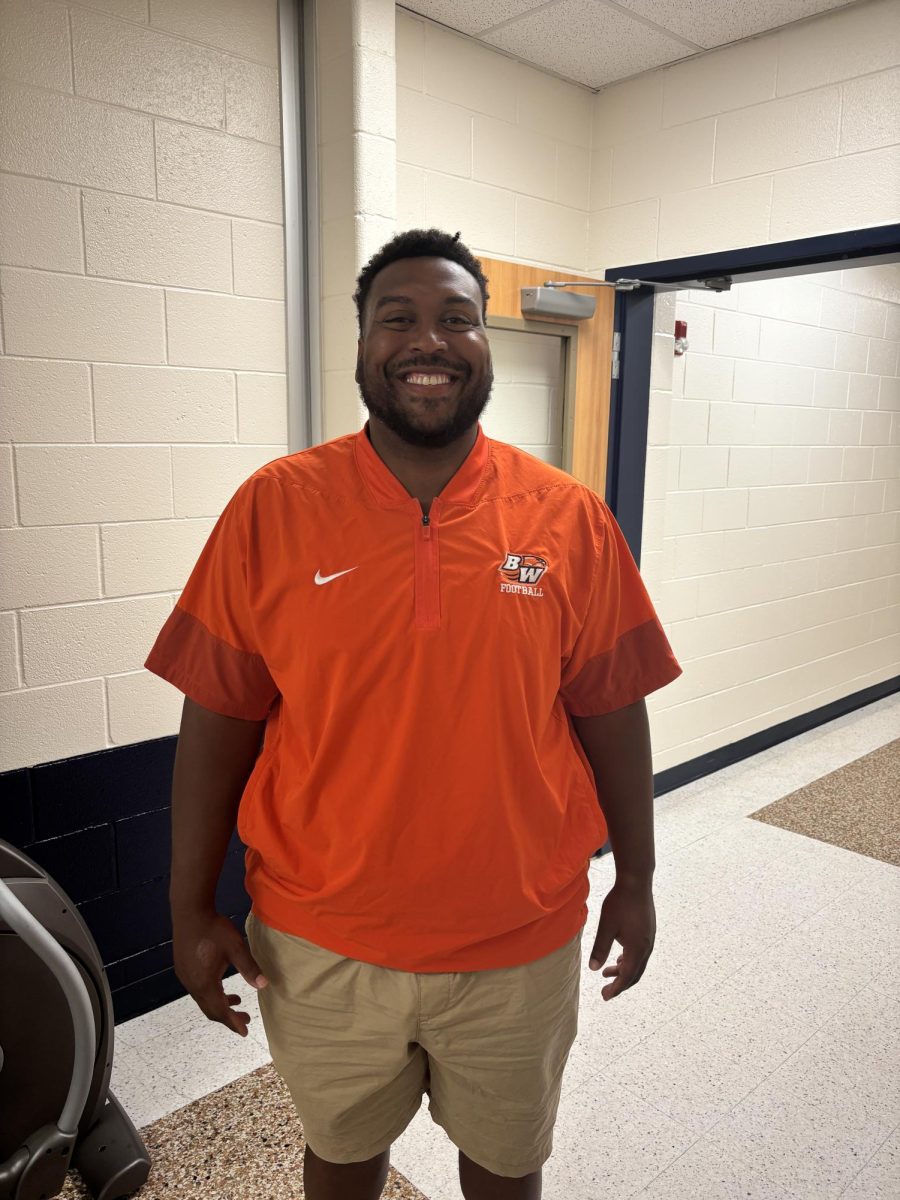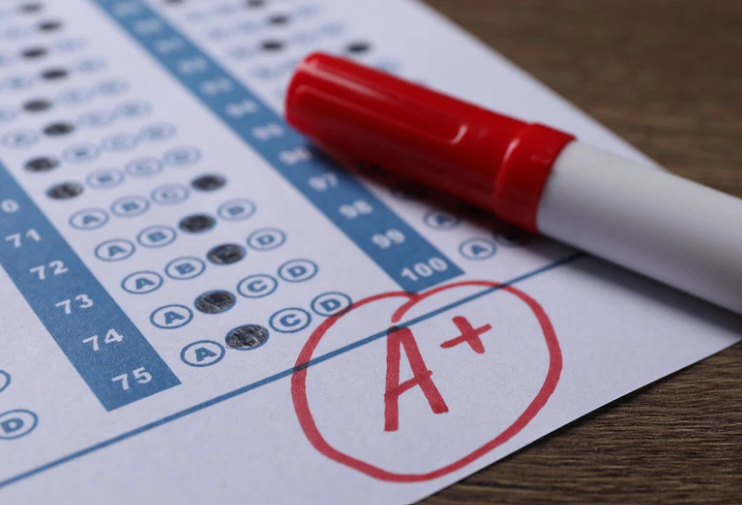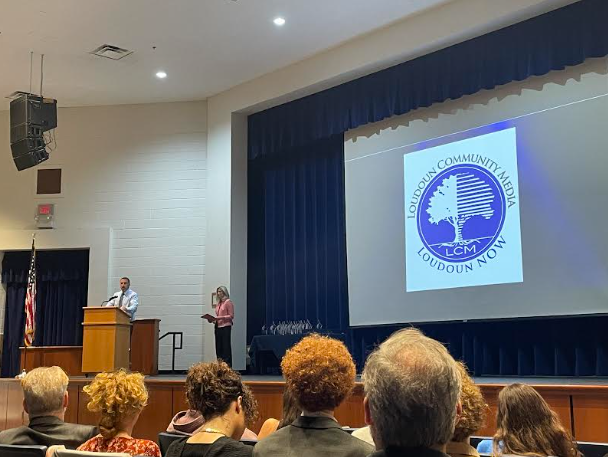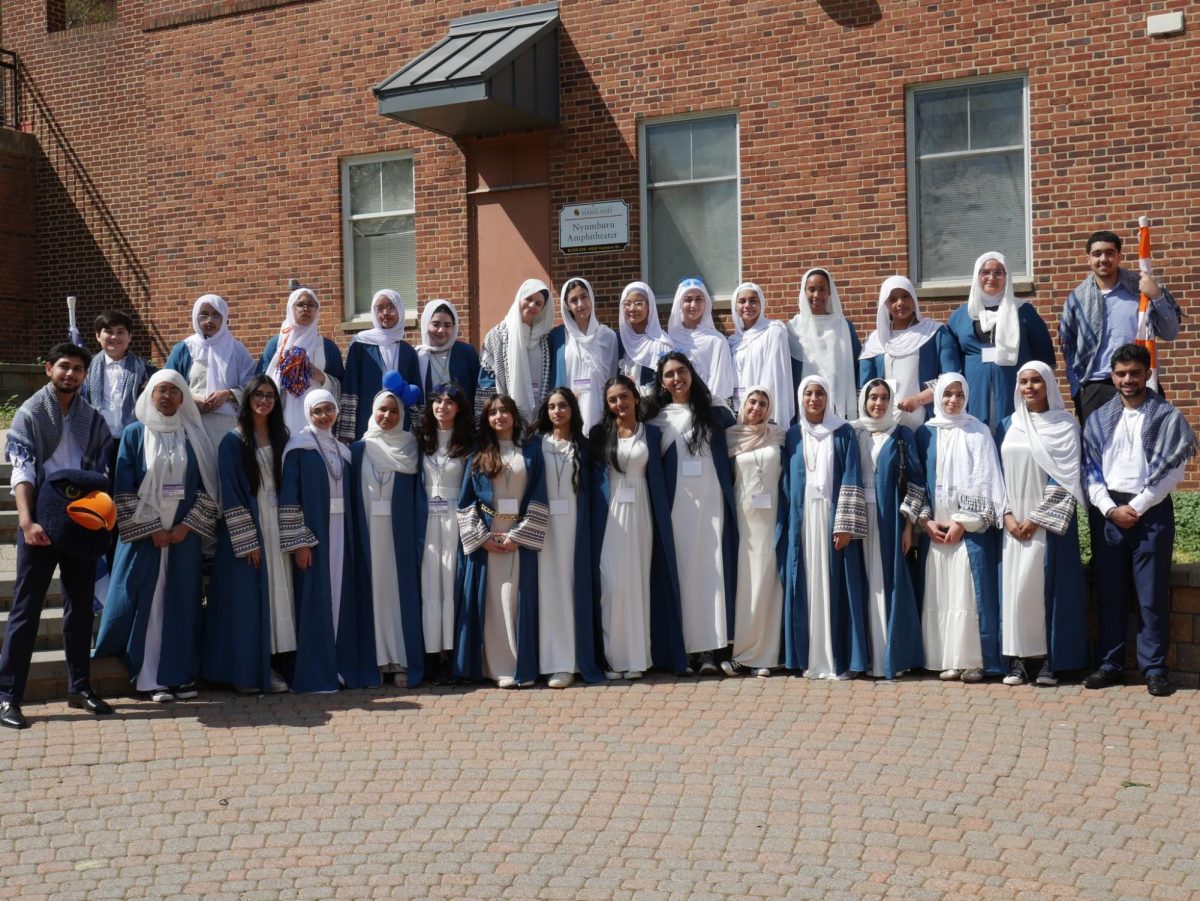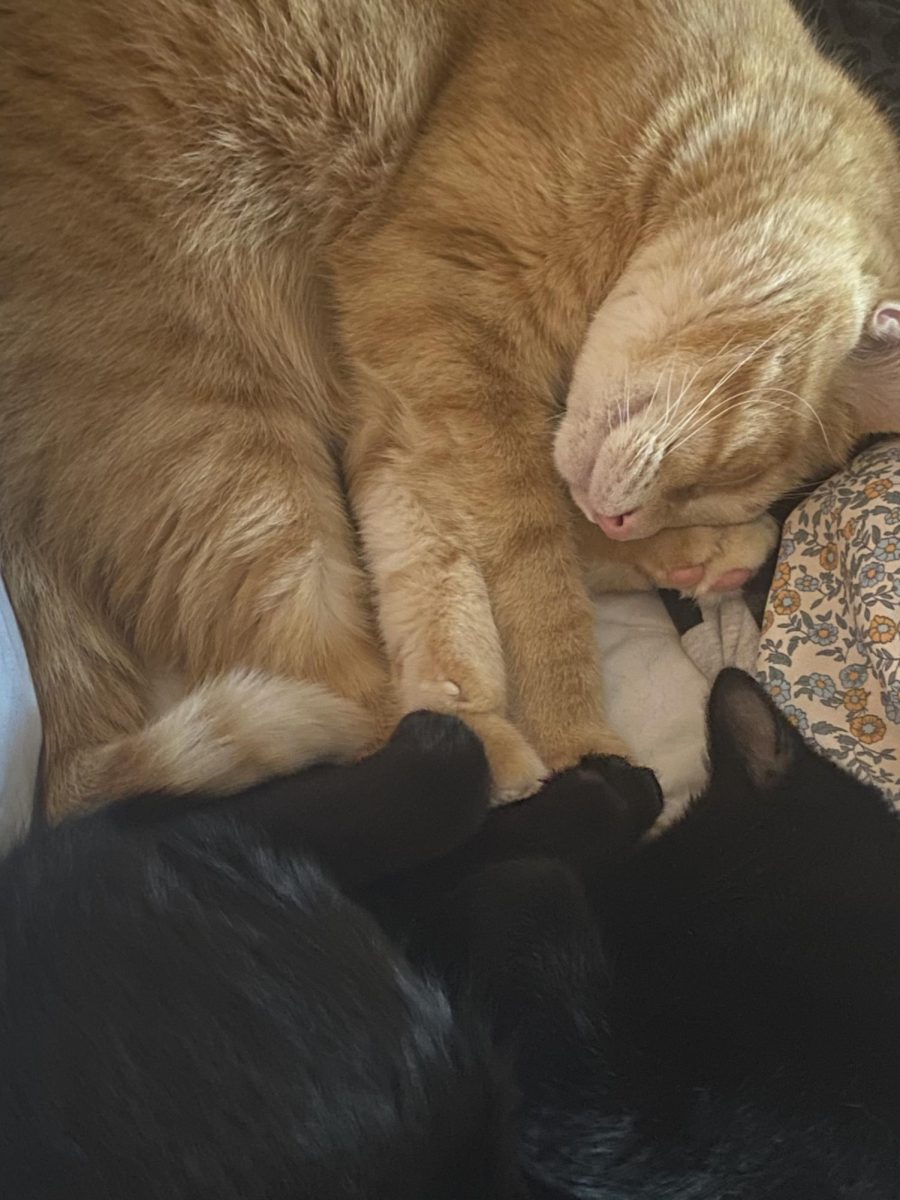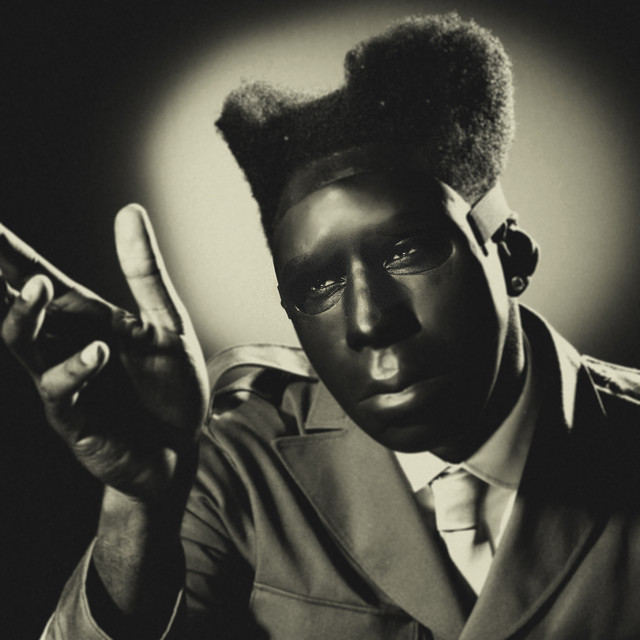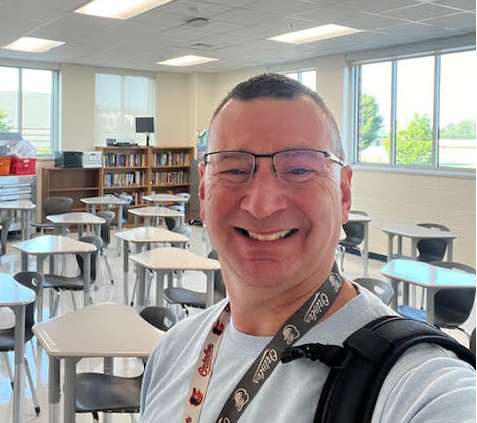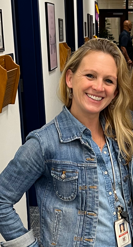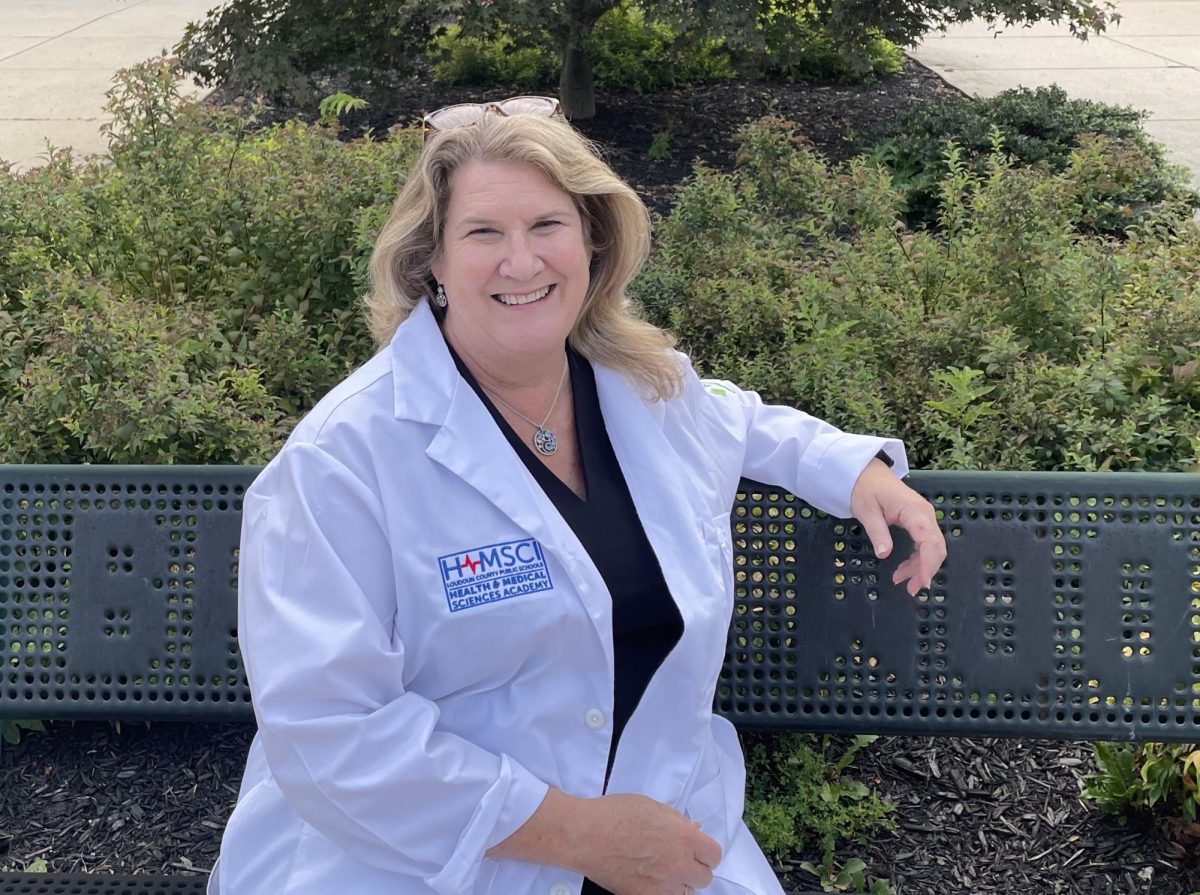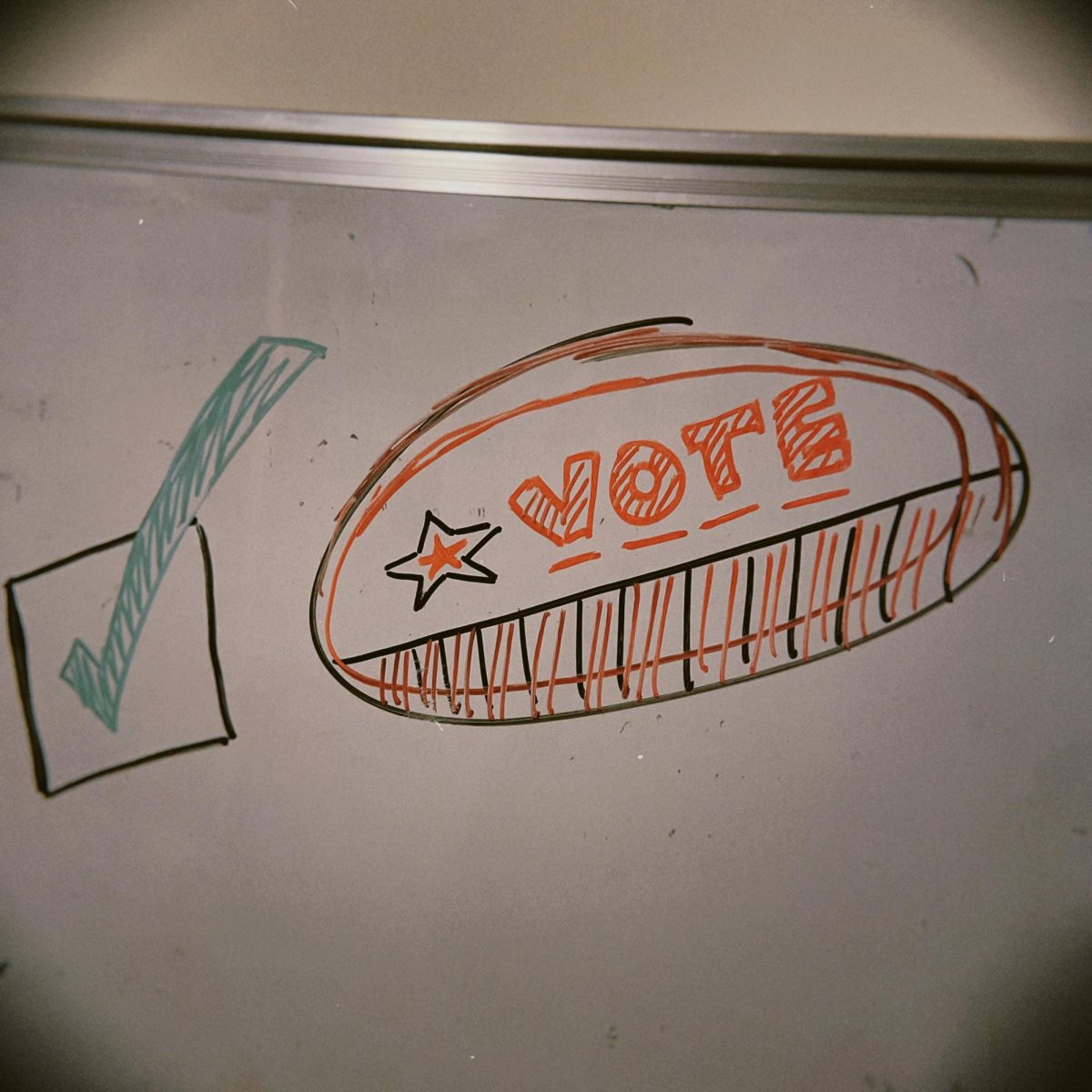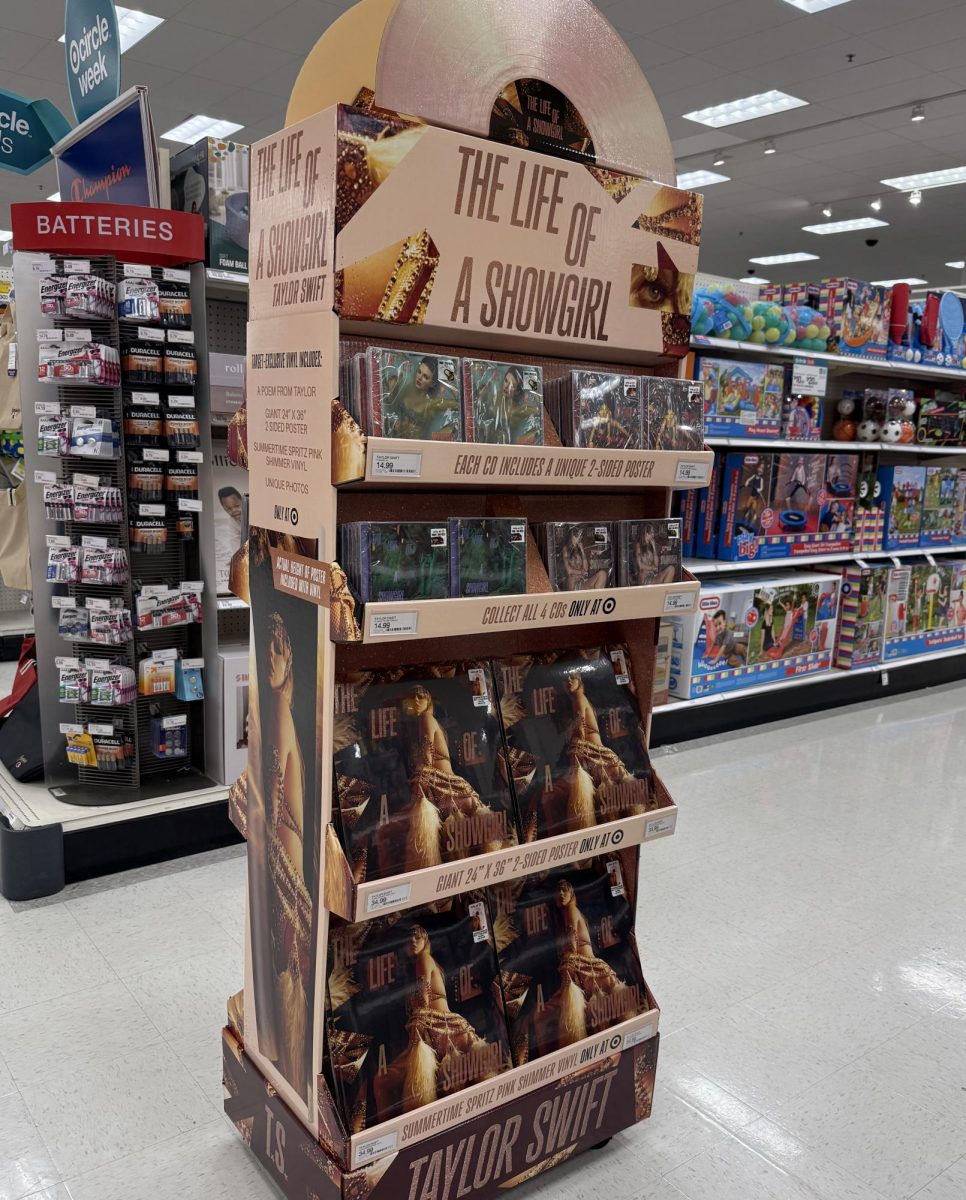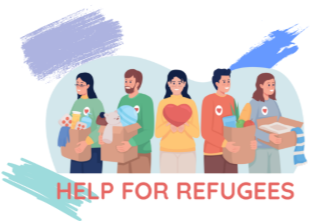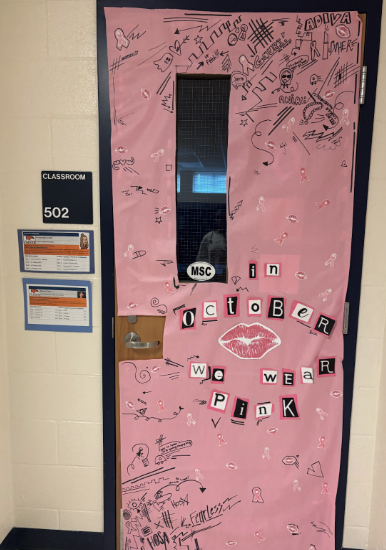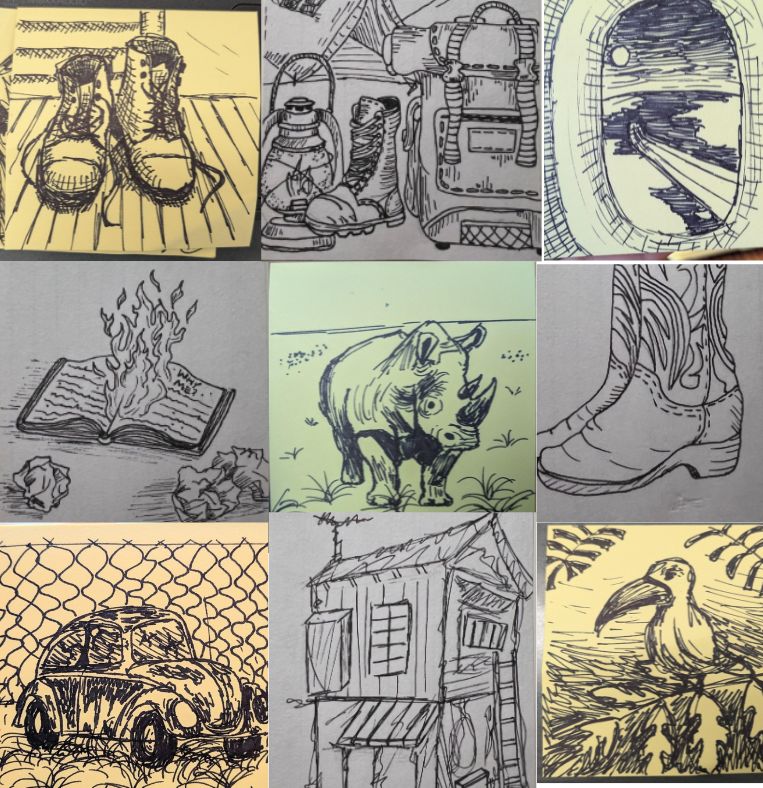The passenger bus packed with civilians barreled down the roadway headed for the Kabul airport. The harrowing ride was a last chance for 14 year old Makeez, her mother and three siblings to escape the violent and oppressive Taliban who had threatened their lives. Afghanistan was falling to the extremist regime in August of 2021 and Makeez’s family, along with many other Afghan citizens who were allies to the U.S., were in a race against time to save their lives. Against the backdrop of thunderous bomb explosions and surrounded by the constant crackling of gunfire, Makeez and her family finally reached the crowded and chaotic scene at the Kabul airport. Not knowing if and when they would board a flight to an unknown destination, the close-knit family of five slept in the terminal and at one point on the airport tarmac. While the family was inside the airport terminal, a suicide bomb detonated outside killing 95 civilians, including 13 U.S. service personnel. The situation was traumatic and paralyzing. Makeez’s father happened to be traveling outside the country on business so it was up to her mother, a soft-spoken university professor of Economics, to reassure her children and secure their escape.
After flying out of Afghanistan in the nick of time that August, Makeez and her family landed in Ukraine and subsequently Qatar before eventually reaching their final destination in the U.S.
We met in a suburban library in Loudoun County, Virginia. Students were studying, friends were gathering, and families with young children were enthusiastically pulling books from shelves. A typical American scene. It was not lost on me that we were in a space that represents freedom of expression and provides access to a vast amount of knowledge, entertainment and ranging opinions. Resources that we, as American teenagers, often take for granted. As the three girls walked toward me, any anxious thoughts I had of how our interview would go, fell by the wayside. Dressed in knit sweaters, jeans and sneakers, their long wavy brown hair styled much like my own – I instantly became aware of how much more we were alike than different.
We said hello and smiled at each other as we sat at a table to talk. I asked questions, and Makeez (now 16 years old), Mawa (age 14) and Manha (age 12) in perfect English, recounted their incredible journey to the U.S. “First we had to fly to Ukraine and were there for 6 months. One week before the war started with Russia, we moved to Qatar and were there for 2 months. Then our documents were processed and we came to the U.S.”
Describing how she felt when her family first arrived, Makeez said “I kind of felt relieved because we were really tired of going from one country to the next. I thought ok, this is the final destination, we’re finally here and can chill.”
Makeez and her sisters attended a private school in Afghanistan where they studied eighteen subjects! They enjoyed dancing, cooking, playing volleyball and watching K-dramas (if you know, you know!). What they miss most about their country is their friends, school and spending time with their grandparents.
When I asked Makeez what she thought American teens might misunderstand about the situation in Afghanistan, she said “sometimes people see just what the media shows, only war and bad things happening, but society is not that different. For example, our schools are very similar, it wasn’t such a big culture shock when we came here.” Mawa added “It’s such a privilege to go to school, my friends in Afghanistan haven’t gone to school in 2 years.”
As we wrapped up our conversation, Makeez shared her hope for the future, telling me “I want the situation in Afghanistan to get better, especially for girls’ education, and for me personally, I want to become a successful lawyer.” Mawa says she wants to be an interior designer, and Manha hopes to fulfill her dream to become a businesswoman.
As I walked out of my safe hometown library that day, a few things struck me. One: sometimes preconceived ideas that shape how we look at people and situations, are wrong. Two: by reaching out to other teens and learning about their backgrounds, we will almost certainly learn new things and see life through a different lens. We might also realize that teens from all backgrounds have way more similarities than differences. Three: gratitude can drastically change your perspective. Sometimes teens woefully complain that we “have to” go to school and study, but in reality, we “get to” go to school to further our education and future. Lastly, I truly believe that Gen Z teens have the most open hearts and minds which bodes well for a really bright future, one where we can work together to make life better for people from all walks of life.
According to the Wilson Center, the U.S. has taken in 90,000 Afghan refugees since 2021. Local communities across the country have welcomed them with open arms, offering assistance with housing, employment opportunities, and access to essential services.
Other nonprofit organizations, religious institutions, and volunteers have played a pivotal role in supporting the resettlement process, ensuring that refugees feel welcomed and supported as they adjust to their new surroundings. The Lutheran Social Services of the National Capital Area was instrumental in assisting Makeez and her family. As our Afghan allies embark on the journey of rebuilding their lives in the U.S., they bring with them a rich tapestry of experiences, talents, and resilience. Their stories serve as a reminder of the human cost of conflict and the importance of compassion and solidarity in times of crisis.


